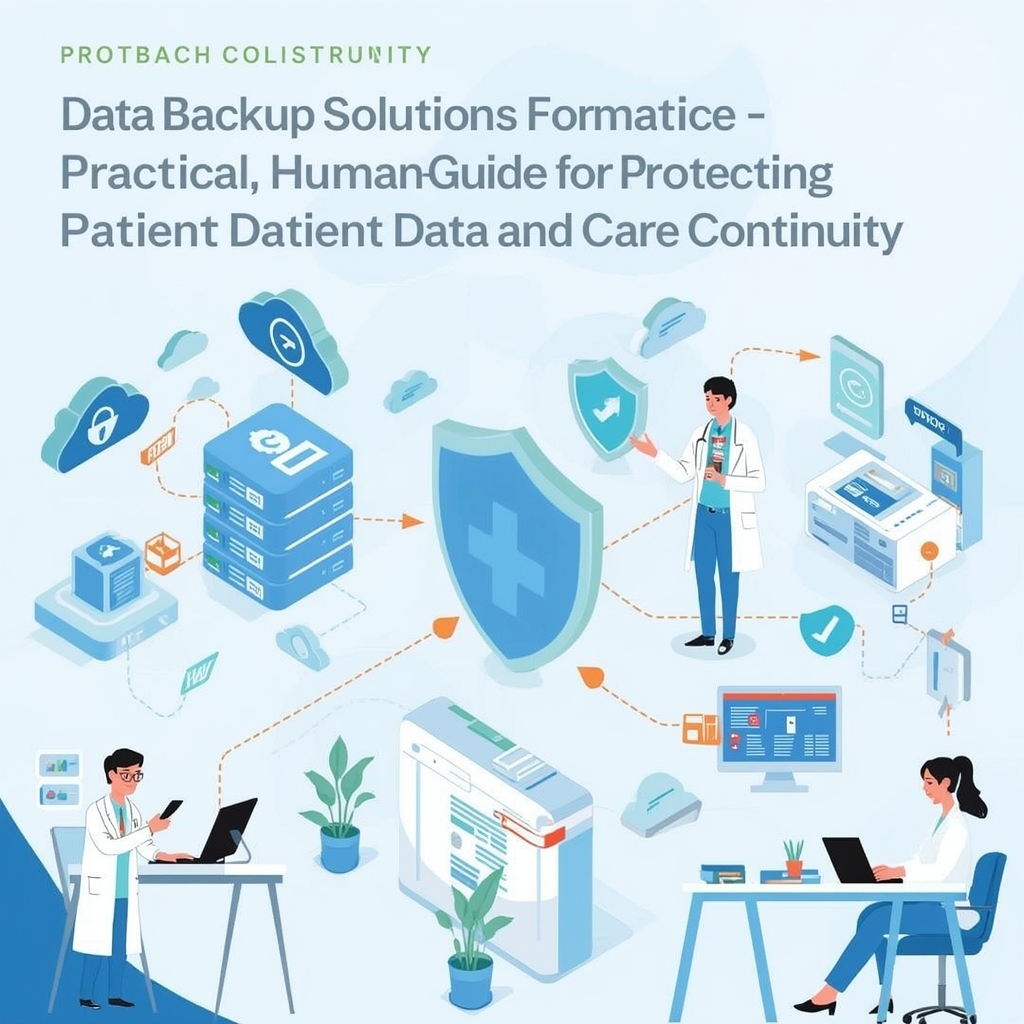How to Avoid Bankruptcy in USA: Smart Financial Strategies
How to avoid bankruptcy in USA is a question many individuals and families ask when facing financial challenges. Bankruptcy may feel like the only option when debt piles up, but in reality, there are practical steps you can take to regain control of your money before it reaches that stage. With the right budgeting habits, debt management strategies, and financial planning, it’s possible to protect your future and rebuild stability. In this guide, we’ll explore effective ways to avoid bankruptcy, reduce financial stress, and create a path toward long-term security.
Understanding Bankruptcy and Its Consequences
Bankruptcy is a legal process that helps people or businesses eliminate or repay debts under court protection. While it provides relief, it also has long-lasting consequences. A bankruptcy filing can stay on your credit report for up to ten years, making it harder to secure loans, buy a home, or even get approved for rental housing.
Before taking such a step, it’s important to understand that bankruptcy should always be the last resort. Exploring alternatives like debt restructuring, financial counseling, and lifestyle adjustments can prevent you from going down that path.
Common Reasons People Face Bankruptcy in USA
Understanding why people fall into bankruptcy can help you avoid the same mistakes. Some common reasons include:
-
Overspending on credit cards and loans
-
Unexpected medical expenses
-
Job loss or reduced income
-
Lack of emergency savings
-
Poor financial planning or lack of budgeting
Knowing these causes helps you prepare better and put preventive strategies in place.
Budgeting as the First Step to Avoid Bankruptcy
One of the most powerful tools in preventing bankruptcy is budgeting. A realistic budget allows you to track income, expenses, and savings, ensuring you live within your means.
Tips for effective budgeting include:
-
List all sources of income and expenses
-
Separate needs from wants
-
Cut unnecessary spending
-
Use budgeting apps to stay consistent
-
Allocate a portion of income toward savings
When you know exactly where your money is going, it becomes easier to adjust and avoid debt traps.
Debt Management Strategies to Regain Control
Managing debt wisely is at the heart of learning how to avoid bankruptcy in USA. Here are some effective strategies:
-
Debt snowball method – Pay off smaller debts first to build momentum.
-
Debt avalanche method – Focus on high-interest debts to reduce overall cost.
-
Debt consolidation – Combine multiple debts into a single loan with a lower interest rate.
-
Negotiating with creditors – Many lenders are willing to adjust terms if they see you are committed to paying back.
These methods not only reduce debt but also improve financial discipline.
Building an Emergency Fund to Stay Secure
Unexpected events like medical bills, car repairs, or job loss often lead to financial instability. An emergency fund acts as a safety net that prevents you from relying on credit cards or loans. Ideally, you should save three to six months’ worth of living expenses.
Even if you start small, consistently putting money aside builds financial resilience and helps you avoid situations that could push you toward bankruptcy.
Smart Credit Management to Protect Your Future
Credit plays a huge role in financial stability. Misusing credit cards or taking unnecessary loans can quickly spiral into debt. To manage credit wisely:
-
Use credit cards only for essentials
-
Pay balances in full each month
-
Avoid taking on high-interest loans
-
Monitor your credit score regularly
Good credit management ensures you remain financially healthy and reduces the risk of bankruptcy.
When to Seek Professional Help
Sometimes, even with budgeting and discipline, debt can feel overwhelming. That’s when professional help can make a difference. Options include:
-
Credit counseling agencies – Offer personalized plans to manage debt.
-
Debt settlement companies – Negotiate lower balances with creditors.
-
Financial advisors – Provide strategies for long-term planning.
Seeking help early prevents problems from escalating and gives you more options than bankruptcy.
Legal Alternatives to Bankruptcy
If your debt is unmanageable, there are legal alternatives that don’t have the severe impact of bankruptcy. These include debt repayment plans, creditor negotiations, and settlement agreements. Each option depends on your situation, but they can provide breathing room without damaging your credit for years.
Protecting Your Financial Future
Avoiding bankruptcy isn’t just about fixing immediate problems—it’s about creating habits that ensure long-term financial health. By saving regularly, investing wisely, living within your means, and continuously educating yourself about money management, you can build financial security for years to come.
Final Thoughts
Learning how to avoid bankruptcy in USA is about being proactive rather than reactive. Financial struggles can happen to anyone, but with the right strategies—budgeting, debt management, emergency funds, and smart credit use—you can stay in control and protect your future. Remember, bankruptcy is not the only solution. With patience, planning, and discipline, you can avoid it and build a stronger financial foundation.










